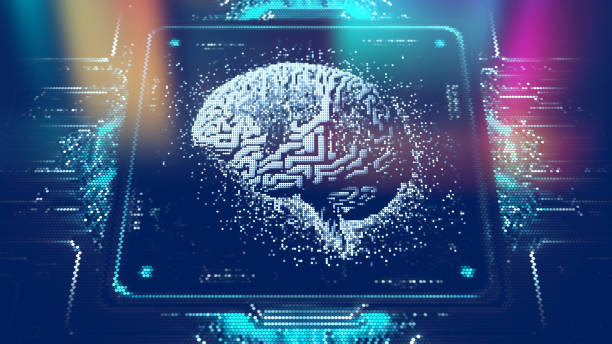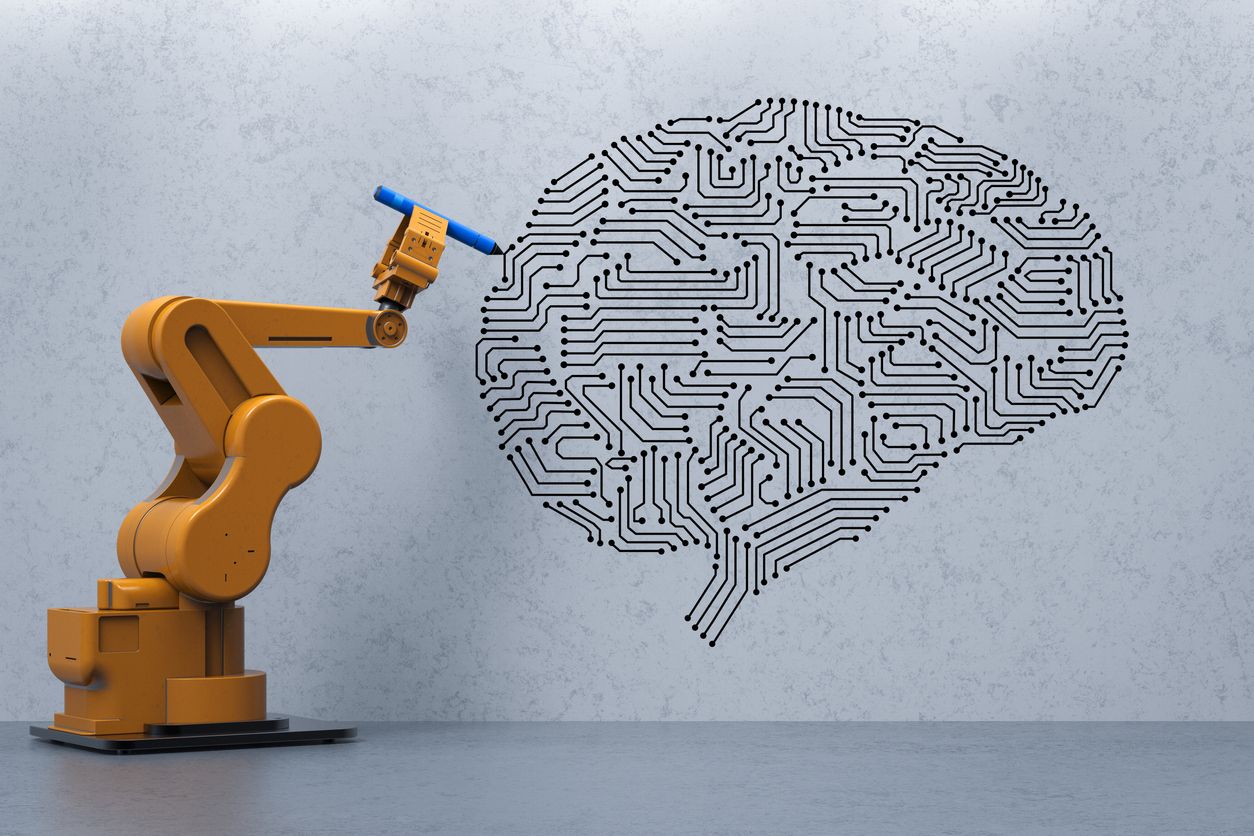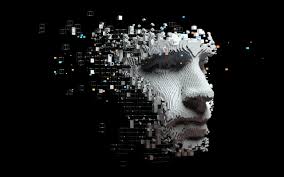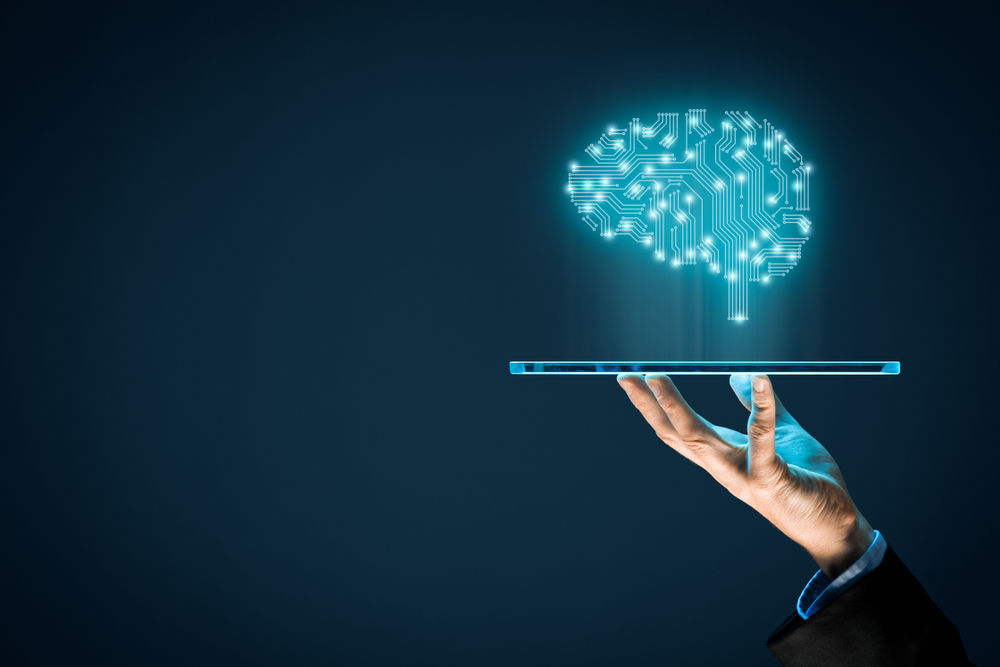With the proliferation of artificial intelligence, the debate over whether or not it will eventually replace human intelligence is heating up. While we cannot say for certain if this is true, we can say that AI has already impacted many industries. In this blog post, we will explore some of how artificial intelligence has replaced human intelligence in recent years. From online shopping to meeting customer needs, AI has revolutionized many aspects of our lives.
Artificial Intelligence Basics
Artificial intelligence (AI) has been around since the 1950s, and it has come a long way in just over 60 years. In fact, many experts believe that AI will eventually replace human intelligence as the dominant form of intelligence on Earth.
There are a few key reasons why they think this will happen. First, AI can learn and evolve much faster than humans can. Second, AI can make decisions quickly and with less bias than human beings. And finally, AI is not limited by traditional human emotions or cognitive limitations.
Despite these advantages, some major challenges still need to be overcome before AI completely replaces human intelligence. For example, we don’t yet know how to create artificial general intelligence (AGI), which is artificial intelligence that can solve complex tasks beyond the capabilities of regular AI.
However, despite these challenges, experts believe that AI will eventually supersede human intelligence as the dominant form of intelligent life on Earth.
Potential Applications of Artificial Intelligence
Artificial intelligence has the potential to revolutionize many industries, including healthcare, banking, transportation, and manufacturing. Machine learning algorithms can be trained to recognize patterns in data sets and make predictive judgments automatically. This technology is already being used in a number of commercial contexts, such as recommending products to customers on websites or calculating insurance premiums.
As artificial intelligence becomes more sophisticated and widespread, its applications have endless possibilities. Some believe that it could eventually replace human intelligence altogether. However, this is still some way off. For now, AI is assisting humans in carrying out tasks that would otherwise be difficult or impossible.
One example is the development of autonomous cars. Machine learning can help drivers avoid accidents by predicting how other vehicles behave. In addition, self-driving cars could reduce traffic congestion by ferrying passengers around without needing a driver.
There are also implications for the banking sector. AI can help banks develop new customer services by analyzing large data sets. It can also identify financial scams early on and avert potential disasters. In the future, AI may even be able to manage banks autonomously – an achievement that would significantly reduce costs for consumers and businesses.
Other potential applications of AI include HR management and medical diagnosis. Machine learning algorithms can be trained to identify patterns in large data sets and make predictions about people’s health prospects based on past experiences and behavior.”
Artificial intelligence is currently replacing human jobs.
Artificial intelligence is currently replacing human jobs in many fields. Some experts predict that artificial intelligence will eventually replace human intelligence and that robots will outperform humans in almost all areas of intellectual activity. Shortly, artificial intelligence may be used to create new products and services, diagnose diseases, and manage large financial institutions. However, some believe that AI could also lead to mass unemployment if it replaces too many jobs in the economy.
What are the Challenges of Artificial Intelligence?
Artificial intelligence (AI) is a branch of computer science that deals with creating intelligent agents, systems that can reason, learn and act autonomously. AI has been implemented in various applications, such as speech recognition, natural language processing, and image recognition. However, even with the growing adoption of AI technologies, there remain significant challenges to their full realization.
One challenge is that AI technology still suffers from limited natural language understanding. This means that AI systems cannot always identify specific words or phrases and extract meaning from them. For example, Google’s Street View cars have been captured photographing streets worldwide for over a decade, but they have yet to understand human addresses. This limitation has been attributed to the complexity of human language – consisting of many individual words and phrases – and the difficulty in training AI systems using large amounts of natural data.
Another challenge is the development of robust artificial general intelligence (AGI). AGI is an umbrella term that refers to a level of intelligence in which robots can exhibit creative problem-solving and logical decision-making. However, achieving AGI remains elusive due to its complex nature and difficult challenges, such as constructing accurate neural networks and learning how to embed machine learning algorithms within a large body of data. Researchers believe it may be possible to achieve AGI within 2030 if current developments continue.
However, even if these challenges are overcome, there are still several other issues to be addressed before AI can be fully realized. For example, current AI systems are unable to effectively interact with people. This means that they cannot carry out tasks such as recognizing human emotions or providing human-like responses. Consequently, there is a need to develop sophisticated algorithms that can automatically generate responses in a human-like manner.
Moreover, AI technologies are not immune to errors. In fact, they often make more errors than traditional computer systems due to their ability to learn and adapt on the fly. As such, it is important to design systems that are able to identify and correct these errors quickly. Otherwise, faulty AI systems can lead to unintended consequences or even damage.
Conclusion
There is no doubt that artificial intelligence (AI) is evolving at an astounding rate, and it seems like a matter of time before it overtakes human intelligence. But what does that mean for the future of work? Is AI destined to replace humans in all aspects of life completely? Or will there be a crossover where humans continue to play a role in AI development alongside machines? Only time will tell, but in the meantime, we should be paying attention to how AI is changing our world.





